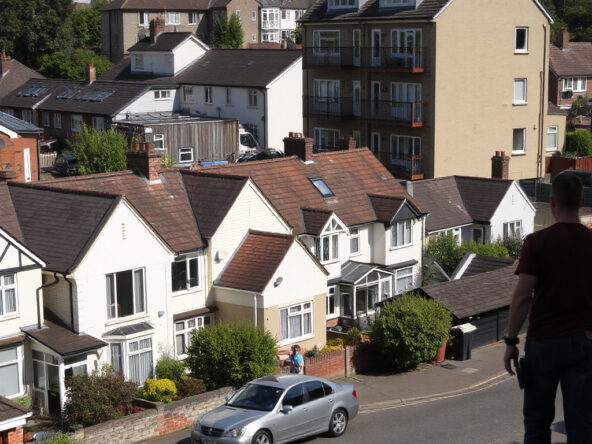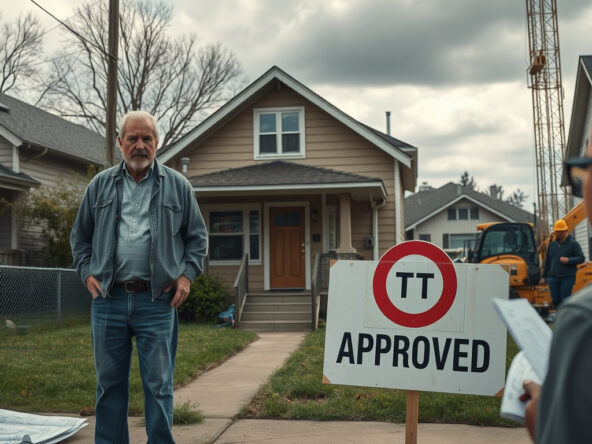Edinburgh Council Plans to Relocate Some Homeless Amid Licensing Changes
Edinburgh Council now prepares a relocation of homeless people from temporary homes that lack valid HMO licences. The council, amid an era of significant external constraints, has given hotels and bed & breakfast rooms as emergency homes since the Covid-19 outbreak and soon treats such guest rooms as permanent abodes. Each residence now must meet statutory HMO licences, a requirement that the council must enforce given its legal bindings and payment systems for unlicensed rents.
Presently, about 650 people live in spaces that lack valid licences. The council sets a deadline at the end of November to end using these unlicensed dwellings, aiming for landlords to secure proper licences. In a case where the council fails to find enough licensed spaces, roughly 10% of residents may shift temporarily outside Edinburgh within a 50-mile range. Such moves, overseen by the council, include transport support so that residents return as soon as licensed homes in Edinburgh become accessible.
The council faces enduring legal tests and financial burdens. It now accepts that paying unlicensed landlords breaches required health and safety rules and risks severe penalties for the authority. In a move to boost the number of licensed spaces, social housing applications now defer and non-essential repairs on empty council homes halt. The authority then uses some vacant homes, makes them liveable once more, and reactivates them to add living spaces.
The council also inspects other means to resolve the unlicensed HMO matter, with some negotiations kept out of public view. The current situation recalls past periods when the authority housed residents temporarily beyond Edinburgh during times of high demand, such as during major events.
What This Means for Property Investors and HMO Accommodation
Investors in HMOs and those who plan entry into this sector face renewed regulatory examination and risks with any property that lacks proper licencing. Providers of temporary homes must keep each residence’s licence valid and meet strict safety measures. Investors thus must check that every multi-occupancy property holds an updated HMO licence and obeys all safety rules, which helps guard against legal hazards and pauses in rent. The council’s actions show the force of regulatory frameworks and mark how local policies shape both housing availability and residents’ placements.
Summary
Edinburgh Council plans an end to the use of unlicensed temporary accommodation for homeless individuals by insisting on valid HMO licences or shifting some residents temporarily beyond the city limits. This change, marked by legal and fiscal pressures, compels housing providers and investors to operate under demanding regulatory conditions and maintain compliant housing.



